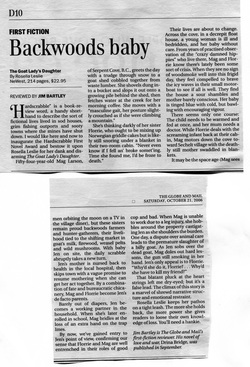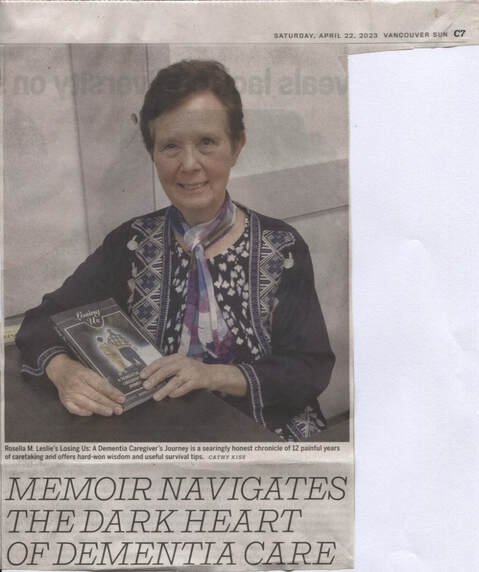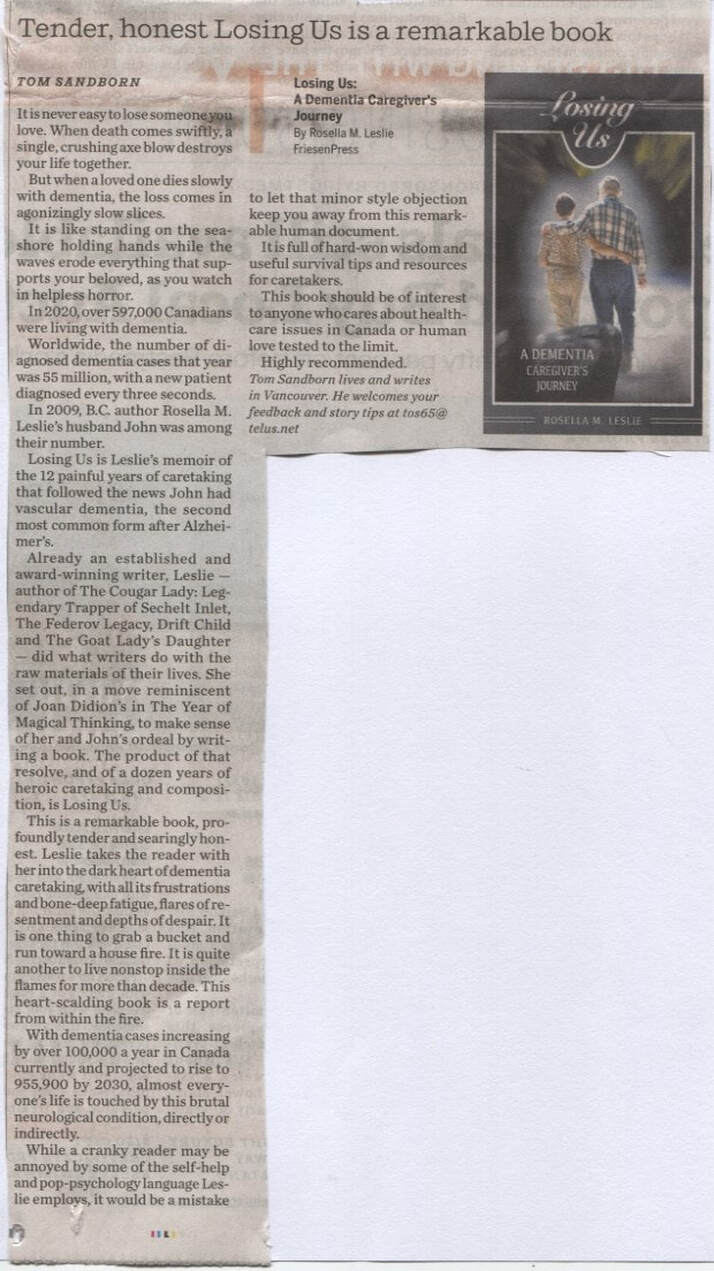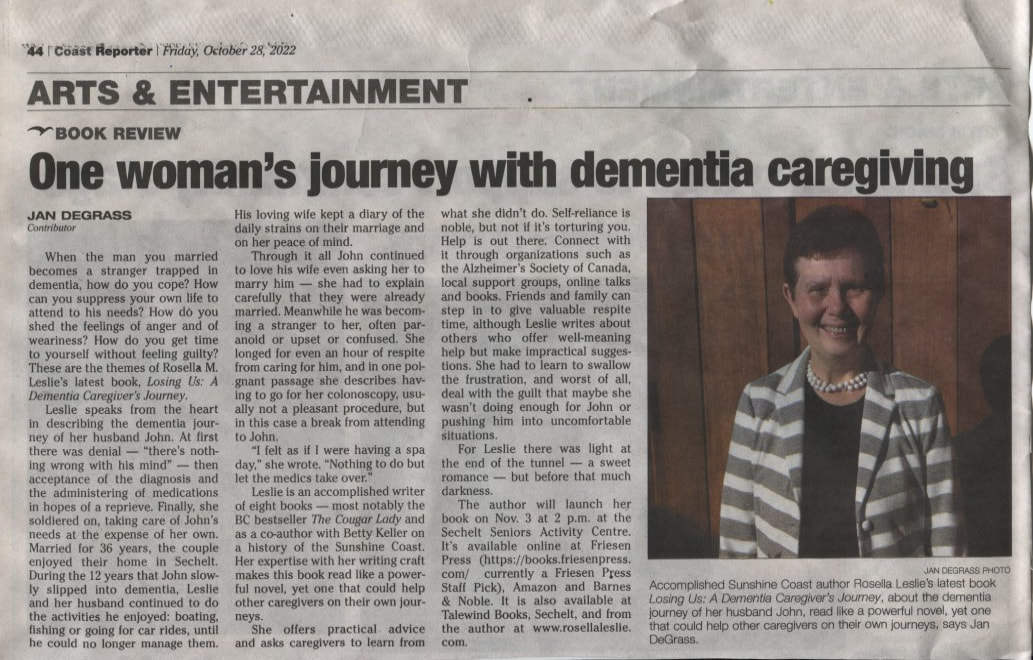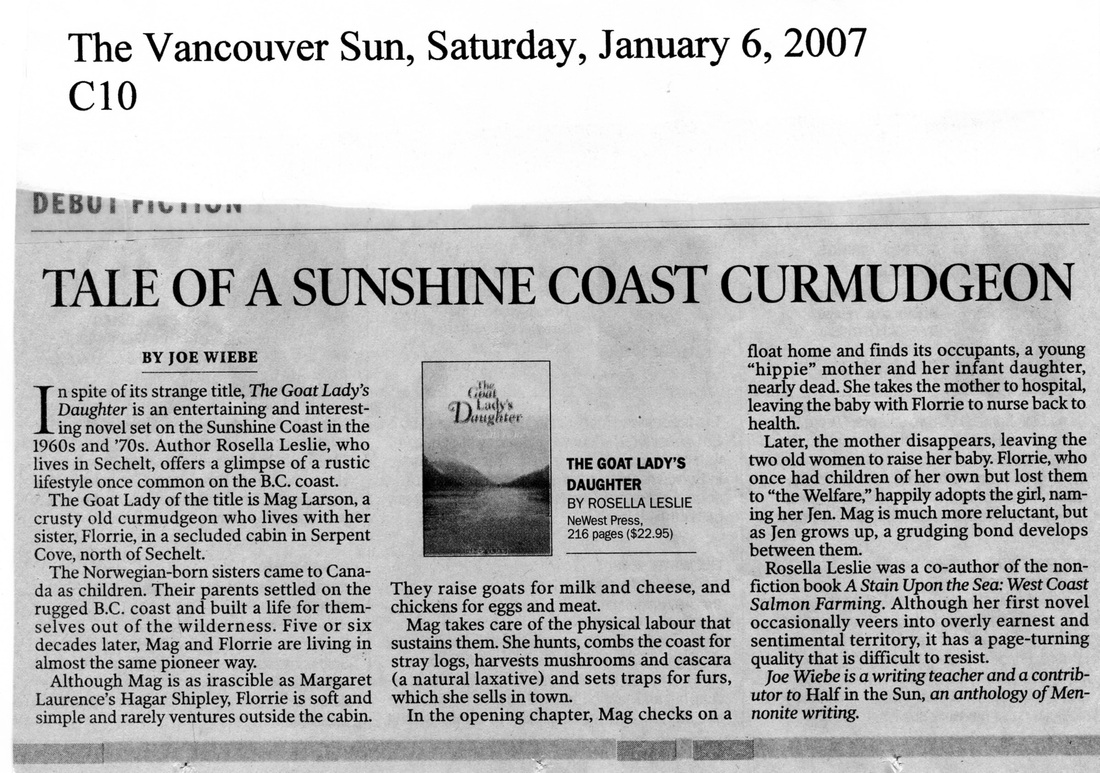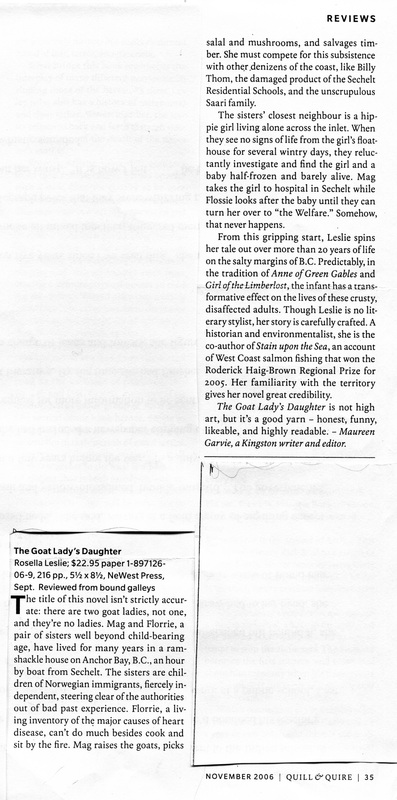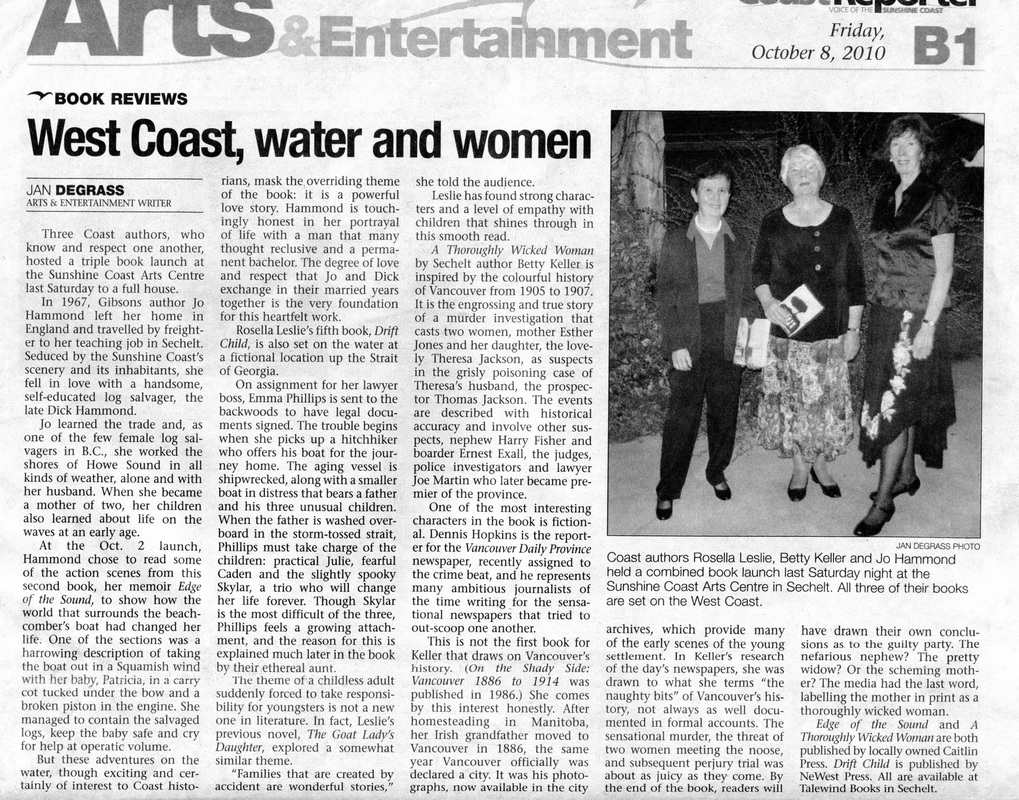ENDORSEMENTS OF
LOSING US: A DEMENTIA CAREGIVER'S JOURNEY
Reading Rosella Leslie’s Losing Us—A Dementia Caregiver’s Journey is like having an understanding and helpful friend at your side on the journey of caring for someone with dementia, sharing her toolbox full of essentials like validation, inspiration, strength, comfort, understanding, and humour along with helpful tips she learned along the way in her own caregiving experience.
I wish I could have read Losing Us when I was at an earlier stage of this journey. I think it would have helped me be kinder with my mother and myself along the way. In sharing her story Rosella has essentially also written mine, validating the immensity of the roller coaster ride of being a caregiver to a beloved family member with dementia while making sure to point out the strength it brings out in us, as well as showing us the path to mitigating the emotional toll it takes.
And, oh…her poems…they touch that vulnerable pulse of our experience so perfectly!
This book is also a treatise on what is needed by that proverbial “village” to honourably care for the people afflicted with this disease as well as supporting the families who care for them.
Thank you so much, Rosella, for having the courage to share such an unvarnished and real account of your experiences. With Losing Us you have given us all a gift.
Anna Wright, Caregiver, May 1, 2022.
I first met Rosella Leslie at the Senior Adult Mental Health offices where the Caregiver Support Group was meeting. It was February 2018, shortly after I had moved to the Sunshine Coast with my late wife Lyn, and at that meeting I listened to Rosella’s heartfelt outpouring of grief and anger over the course her husband’s dementia was following and the toll it was taking on her and her relationship.
Although my experiences with my wife’s dementia were different than Rosella’s, as every case is different, the devastating effects the disease has on the patient are well known. What is not so well known is the horrible, brutal, soul-crushing effects it has on a devoted spouse who is struggling to do the jobs of a team of trained medical professionals, testing their resolve, sanity and even humanity twenty-four hours a day, in the mistaken belief that it is their duty to carry on until they drop.
When Rosella asked me to read Losing Us – A Dementia Caregiver’s Journey, I was first honoured and then very hesitant. I was honoured first to be trusted with the unpublished manuscript but once I started reading, it was so brutally honest that it brought back all the memories that time was finally allowing to fade from my own time as a caregiver. She hides nothing in the writing of Losing Us. She lays her heart and soul on the table for all to see as she takes the reader through all the stages of the journey that she and John were forced to endure. Having been present at the Caregiver Group meetings, I can attest to the accuracy and honesty of Rosella’s depiction of events as she describes them because I remember a lot of the situations that she talked about there.
Not a book for the faint of heart, Losing Us can almost be considered a road map of sorts for Caregivers who are just starting the Journey. While it describes situations that not every caregiver may come up against, it gives the reader a very good idea of what could happen on any dementia journey if someone is unfortunate enough to be directed down that path.
I truly hope Mother Nature allows science to find a cure for this horrible, demoralizing, dehumanizing disease.
Mark Garland (Retired Caregiver), May 4, 2022
I wish I could have read Losing Us when I was at an earlier stage of this journey. I think it would have helped me be kinder with my mother and myself along the way. In sharing her story Rosella has essentially also written mine, validating the immensity of the roller coaster ride of being a caregiver to a beloved family member with dementia while making sure to point out the strength it brings out in us, as well as showing us the path to mitigating the emotional toll it takes.
And, oh…her poems…they touch that vulnerable pulse of our experience so perfectly!
This book is also a treatise on what is needed by that proverbial “village” to honourably care for the people afflicted with this disease as well as supporting the families who care for them.
Thank you so much, Rosella, for having the courage to share such an unvarnished and real account of your experiences. With Losing Us you have given us all a gift.
Anna Wright, Caregiver, May 1, 2022.
I first met Rosella Leslie at the Senior Adult Mental Health offices where the Caregiver Support Group was meeting. It was February 2018, shortly after I had moved to the Sunshine Coast with my late wife Lyn, and at that meeting I listened to Rosella’s heartfelt outpouring of grief and anger over the course her husband’s dementia was following and the toll it was taking on her and her relationship.
Although my experiences with my wife’s dementia were different than Rosella’s, as every case is different, the devastating effects the disease has on the patient are well known. What is not so well known is the horrible, brutal, soul-crushing effects it has on a devoted spouse who is struggling to do the jobs of a team of trained medical professionals, testing their resolve, sanity and even humanity twenty-four hours a day, in the mistaken belief that it is their duty to carry on until they drop.
When Rosella asked me to read Losing Us – A Dementia Caregiver’s Journey, I was first honoured and then very hesitant. I was honoured first to be trusted with the unpublished manuscript but once I started reading, it was so brutally honest that it brought back all the memories that time was finally allowing to fade from my own time as a caregiver. She hides nothing in the writing of Losing Us. She lays her heart and soul on the table for all to see as she takes the reader through all the stages of the journey that she and John were forced to endure. Having been present at the Caregiver Group meetings, I can attest to the accuracy and honesty of Rosella’s depiction of events as she describes them because I remember a lot of the situations that she talked about there.
Not a book for the faint of heart, Losing Us can almost be considered a road map of sorts for Caregivers who are just starting the Journey. While it describes situations that not every caregiver may come up against, it gives the reader a very good idea of what could happen on any dementia journey if someone is unfortunate enough to be directed down that path.
I truly hope Mother Nature allows science to find a cure for this horrible, demoralizing, dehumanizing disease.
Mark Garland (Retired Caregiver), May 4, 2022
http://www.thekoalabearwriter.com/2014/07/federov-legacy-rosella-leslie/
JULY 7, 2014 BY: BONNIE WAY
Recently finished her training as a nurse, eighteen-year-old Alice Galipova is looking forward to working with her friend and mentor Doctor Bill in northern BC when her father tells her she’s going to Russia. He owes his life to Countess Federov, who has requested Alice’s help in the new hospital she’s establishing. On threats of being disowned, Alice reluctantly heads to Russia, arriving in early 1914 to be reunited with her brother Tusya and her ailing grandfather just before World War I breaks out.
Natalya Tcychowski is a spunky eleven-year-old whose biggest problem is keeping her brother’s pig from running away—until a clash with the local bailiff over that pig sends Oleksi running away. He finds refuge with Countess Federov, who owes Natalya’s father a favour. However, the Tcychowski’s Russian connections get them in trouble as World War I breaks out and Natalya watches as her family is torn apart.
In The Federov Legacy, Rosella Leslie brings alive the Eastern Europe of 1914-1917, as seen through the eyes of these two young ladies. Raised in Canada, Alice views the chaos of World War I and the Russian Revolution with horror and confusion while she attempts to stay in contact with those she loves. Natalya has her mother’s practical nature, yet a child’s innocence, and brings her own unique perspective to the events swirling around her.
This book caught me from the very first pages and drew me into the stories of these young women in a turbulent time. Most of what I know of Russia in this era comes from Michael Phillips’ and Judith Pella’s Russian novels, and it was fun to return to Russia with another talented author. I loved how Rosella was able to impersonate both Alice’s Canadian attitudes and Natalya’s Hutsul beliefs; either she still has strong family cultural ties or she has done impeccable research.
As I was reading, I wanted a map. Political boundaries for this part of Europe have changed many times since 1914, and while Rosella wrote a brief introduction to the novel explaining what Natalya’s home was like back then, I still found it hard to picture exactly where she lived. Alice, Tusya and Oleksi also travel around Russia a lot, but again, I had no geographical reference point to ground where they went.
Rosella Leslie is an active member of BC’s writing community having served as a member and director of the Sunshine Coast Festival of the Written Arts. She was a founding member of the Quintessential Writer’s Group and has recorded oral histories for the Sechelt Community Archives. Her writing has appeared in numerous magazines and newspapers.
JULY 7, 2014 BY: BONNIE WAY
Recently finished her training as a nurse, eighteen-year-old Alice Galipova is looking forward to working with her friend and mentor Doctor Bill in northern BC when her father tells her she’s going to Russia. He owes his life to Countess Federov, who has requested Alice’s help in the new hospital she’s establishing. On threats of being disowned, Alice reluctantly heads to Russia, arriving in early 1914 to be reunited with her brother Tusya and her ailing grandfather just before World War I breaks out.
Natalya Tcychowski is a spunky eleven-year-old whose biggest problem is keeping her brother’s pig from running away—until a clash with the local bailiff over that pig sends Oleksi running away. He finds refuge with Countess Federov, who owes Natalya’s father a favour. However, the Tcychowski’s Russian connections get them in trouble as World War I breaks out and Natalya watches as her family is torn apart.
In The Federov Legacy, Rosella Leslie brings alive the Eastern Europe of 1914-1917, as seen through the eyes of these two young ladies. Raised in Canada, Alice views the chaos of World War I and the Russian Revolution with horror and confusion while she attempts to stay in contact with those she loves. Natalya has her mother’s practical nature, yet a child’s innocence, and brings her own unique perspective to the events swirling around her.
This book caught me from the very first pages and drew me into the stories of these young women in a turbulent time. Most of what I know of Russia in this era comes from Michael Phillips’ and Judith Pella’s Russian novels, and it was fun to return to Russia with another talented author. I loved how Rosella was able to impersonate both Alice’s Canadian attitudes and Natalya’s Hutsul beliefs; either she still has strong family cultural ties or she has done impeccable research.
As I was reading, I wanted a map. Political boundaries for this part of Europe have changed many times since 1914, and while Rosella wrote a brief introduction to the novel explaining what Natalya’s home was like back then, I still found it hard to picture exactly where she lived. Alice, Tusya and Oleksi also travel around Russia a lot, but again, I had no geographical reference point to ground where they went.
Rosella Leslie is an active member of BC’s writing community having served as a member and director of the Sunshine Coast Festival of the Written Arts. She was a founding member of the Quintessential Writer’s Group and has recorded oral histories for the Sechelt Community Archives. Her writing has appeared in numerous magazines and newspapers.
